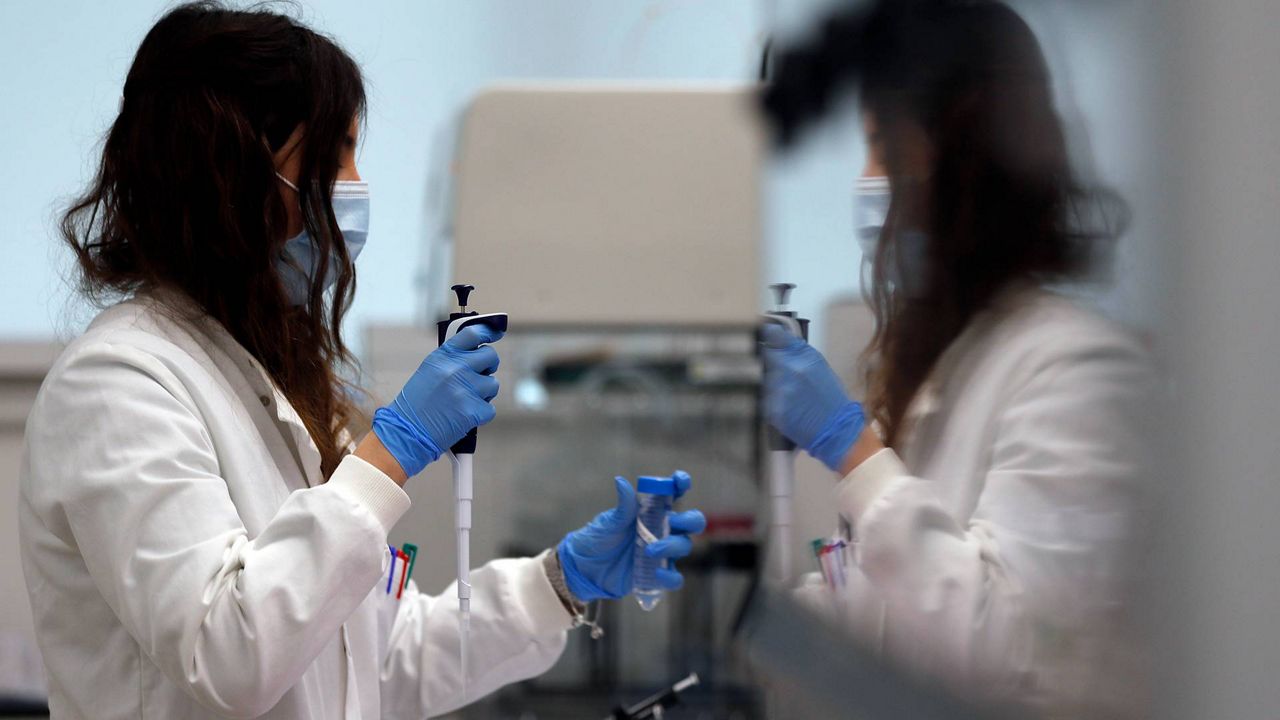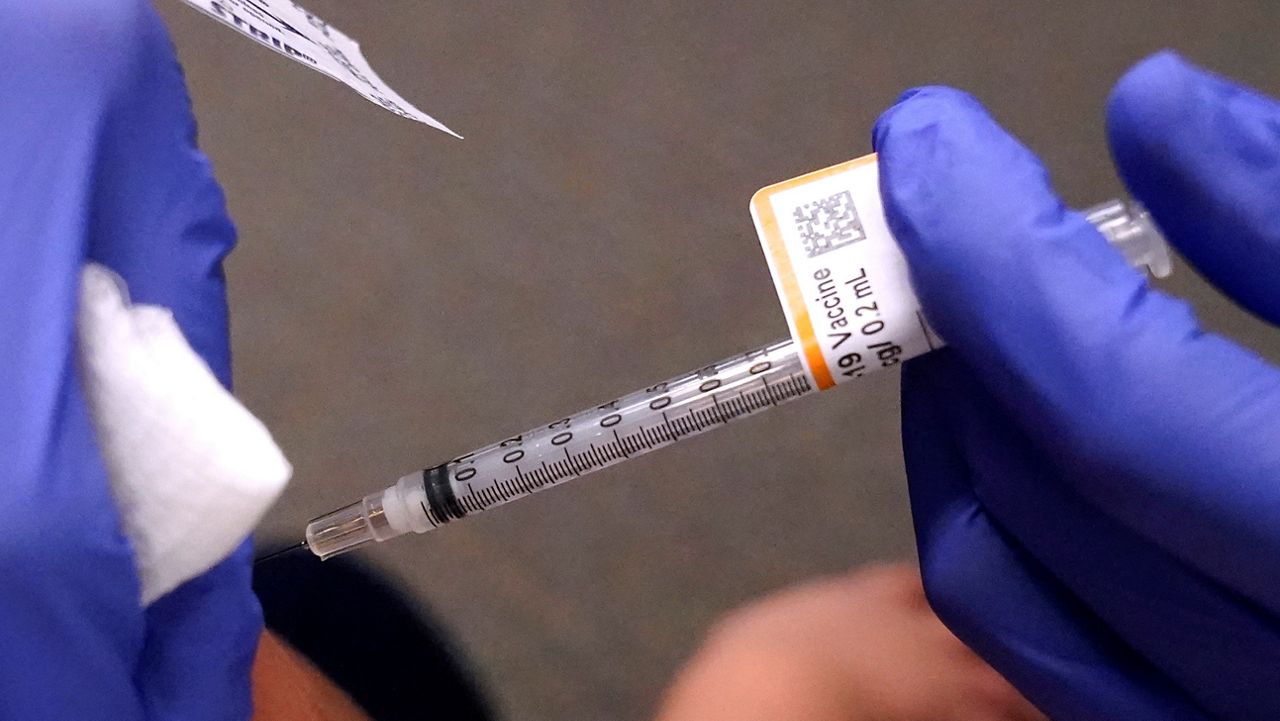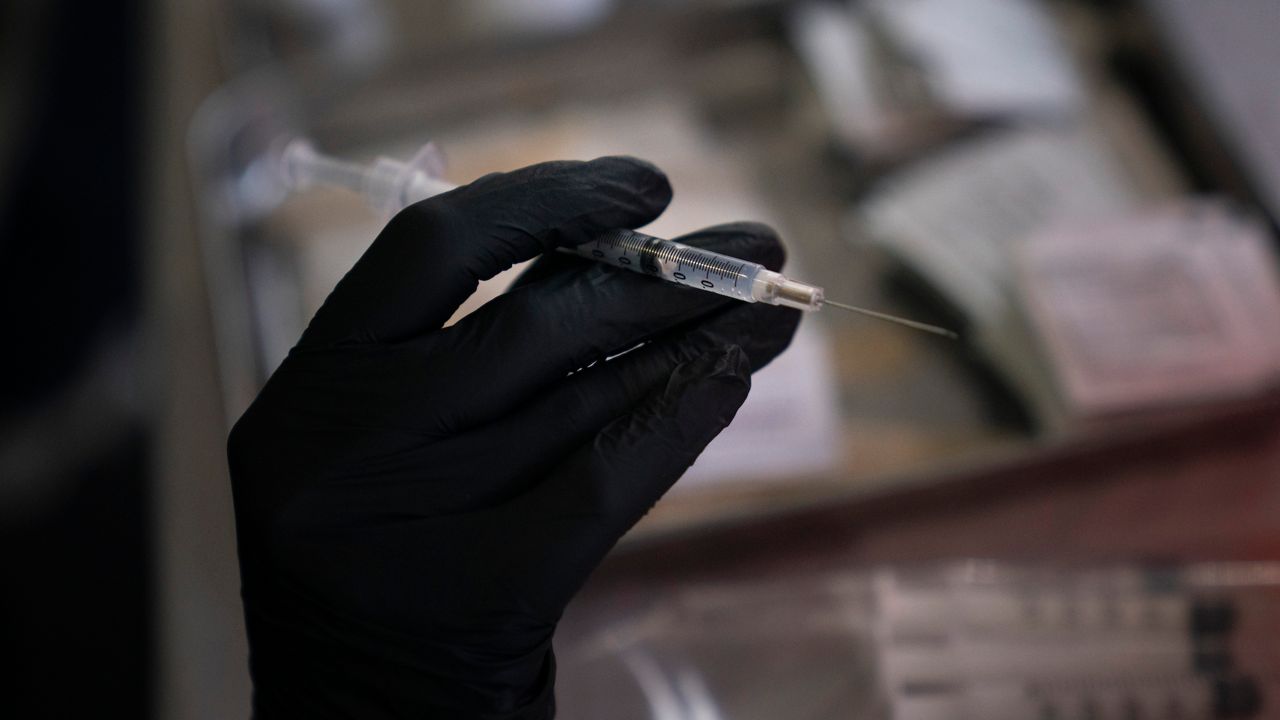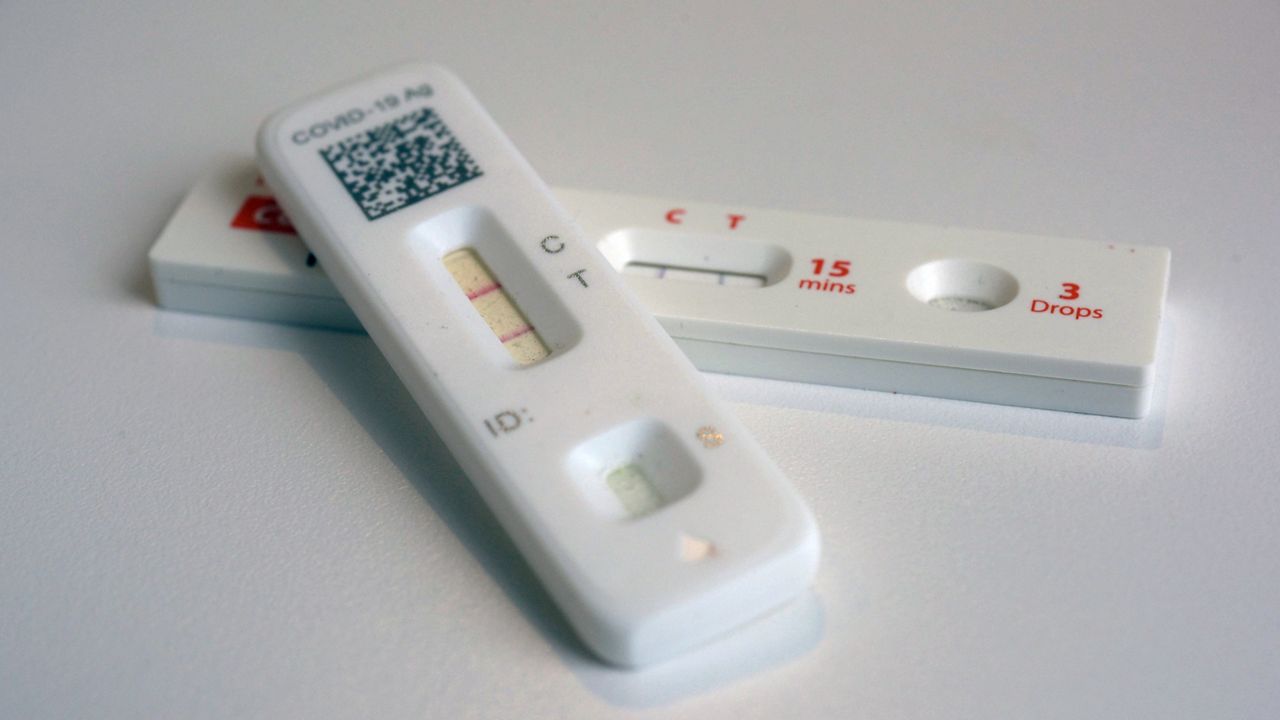How can I protect myself from the new omicron variant?
The same way you guard against COVID-19 caused by any other variant: Get vaccinated if you haven’t yet, get a booster if you’re eligible and step up other precautions you may have relaxed, like wearing a mask and avoiding crowds.
- Fauci says early reports encouraging about omicron variant
- As the U.S. tracks omicron, top health officials' message is clear: 'Get boosted'
- WHO says measures used against delta should work for omicron
- Your guide to the coronavirus variants, from alpha to omicron
For all the attention omicron is getting, the overwhelming cause of infections and deaths in many places remains the extra-contagious delta variant.
“Delta is the real risk right now. Omicron is an uncertain threat,” Dr. Francis Collins, director of the U.S. National Institutes of Health, told The Associated Press. Regardless of the coronavirus type, Collins said “we do know what to do.”
It will take a few weeks to learn key aspects about this latest variant, including whether it’s more contagious, causes more severe illness or evades immunity -- and if so, how by much.
In the meantime, “what we need to do is add more layers of protection,” says Dr. Julie Vaishampayan of the Infectious Diseases Society of America. That’s especially important with holiday travel and gatherings around the corner.
A booster shot is one of those layers. The added dose triggers a big jump in virus-fighting antibodies. Even if the antibodies don’t prove quite as effective against omicron as they are against other variants, simply having more of them might compensate -- in addition to bolstering protection against delta.
In addition to masking, avoiding crowds and improving ventilation, testing is another protective step. That’s recommended for anyone who has COVID-19 symptoms or was potentially exposed to the virus. But it also could help ensure safety before holiday gatherings, even if everyone attending has been vaccinated, Vaishampayan says.









